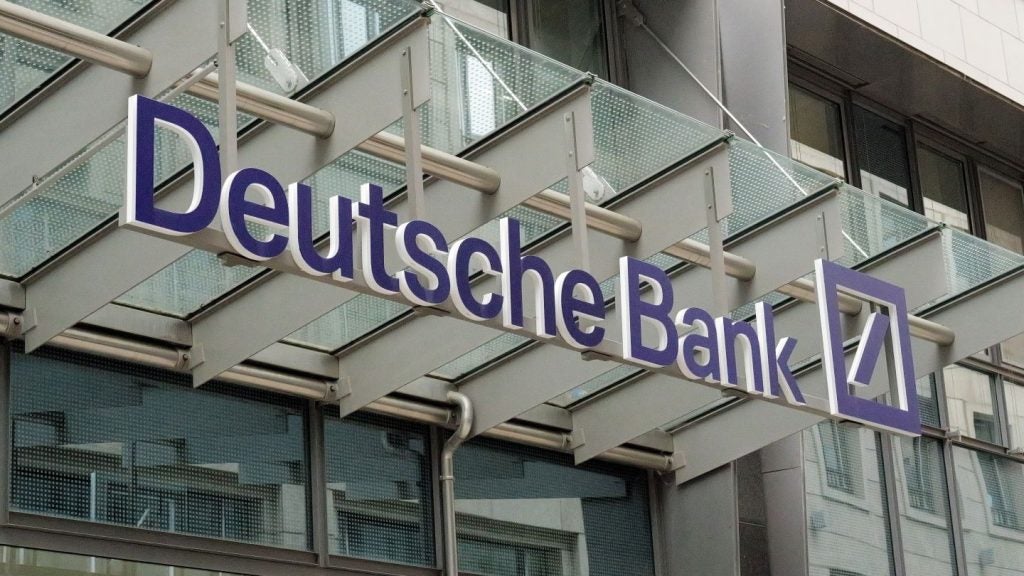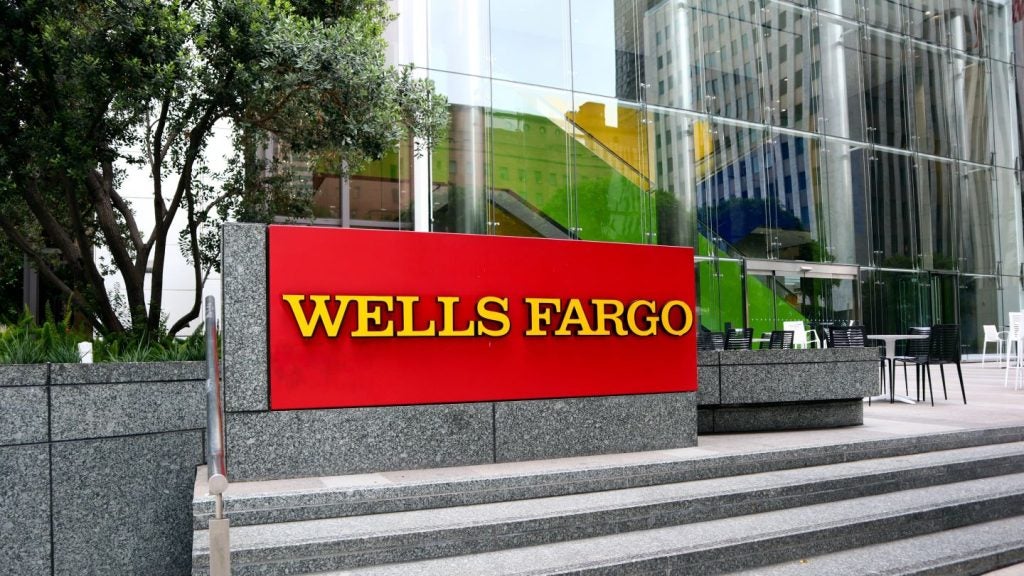Family offices tend to have a reasonably sound appreciation of investment risk, but anecdotal evidence suggests that when it comes to assessing operational risk factors, many would benefit from a more structured approach. Paul Golden finds out more

Access deeper industry intelligence
Experience unmatched clarity with a single platform that combines unique data, AI, and human expertise.
The explosion witnessed in the private banking industry over the last decade in terms of having vigilant controls in risk and compliance provisions is now being mirrored in the family office arena and while the size and scale of the office might dictate the level of investment that can be made to mitigate such risks and remain viable, advisors are available for most risk areas.
The response of one wealth manager’s chief compliance officer when asked whether family offices are sufficiently aware of risk factors that affect their operations pretty much sums up most experts’ views on the preparedness of this client group.
“There tends to be a sense of complacency, with the prevalent mentality being ‘this won’t happen to us’ and that the family office has more important things to do in taking care of family financial matters,” says Laird Norton Wealth Management’s Robert Hille. “Yet evaluating and controlling risk is one of the most important responsibilities of a well-run family office.”
Sandy Loder, chief executive of AH Loder Advisers and a fifth generation member of the Fleming family, agrees that awareness could be greater and warns that family offices need to be prepared for greater regulatory scrutiny. He says: “It also depends on how the long the family office has been in existence – moving from an unregulated industry into financial services brings with it a different set of rules.”

US Tariffs are shifting - will you react or anticipate?
Don’t let policy changes catch you off guard. Stay proactive with real-time data and expert analysis.
By GlobalData
The different risks involved
Some family offices pay a lot of attention to operational risk but perhaps do not consider the risks to be sufficiently real until it is too late. Jon Needham, global head of fiduciary services at Kleinwort Hambros says that if family offices have not already done so, they “should ensure that someone within the organisation has risk squarely on their agenda as a key responsibility”.
“If this is not the case, chances are that something will fall between the cracks,” he adds.
Major operational risk factors include loss of key staff; information security; safety of family office officers and family members; and reputational damage.
There is an obvious ‘keyman’ risk to manage, which could be at the level of family office CEO and can be managed through a well-structured family governance programme and clear succession plan for key roles, explains Needham.
“Threats to information security range from cyberattacks to availability of confidential information to family office employees. A disgruntled employee with access to confidential information could do a lot of damage, so consideration should be given to securing data access and storage,” he says.
Personal security risk factors include the extent to which family members use social media – if not carefully controlled this can provide valuable information to someone who might wish them harm.
Reputation risk is not necessarily obvious to family office principals. “However, a poor choice in terms of business partner or adviser could have a negative impact,” explains Needham. “Conducting appropriate due diligence checks on those they engage with in any capacity will go a considerable way towards mitigating these risks,” he adds.
According to Lowenhaupt Global Advisors chairman and founder, Charles Lowenhaupt, the risks a family office must consider also include health, dispute and dysfunction.
Risk officer and risk register crucial
A well-run family office should have a dedicated risk officer whose job is to compile and maintain a risk register, according to Lowenhaupt. “That list should be reviewed with each family member and there should be regular reporting to the family or family office board,” he says.
Lowenhaupt suggests that the risk register should be compiled through discussion with family members, employees of the family office, investment advisors, banking experts, insurance experts, lawyers and accountants.
“It makes sense for the risk officer to be someone in the family office or on its board but generally not a family member or the chairman of the board,” he adds. “The qualities required include organisational expertise and the time and capacity to follow up on each risk.”
This point is important since complacency can reduce the effectiveness of any risk programme according to Robert Jones, managing director of FCL Advisory (Hong Kong).
“When families running family offices get bored, they start taking more risk and violating risk controls. This is when things are likely to end badly – the family is aware of risk control, but fighting boredom and staying risk controlled is easier said than done.”
Importance of technology investments
While effective risk management can have a positive impact on the operational efficiency of a family office, risk control requires a certain level of investment.
“Under-invest and the impact could be significant in any of the areas highlighted above – but there is also a cost to getting it right,” says Needham.
Fortunately, technology now facilitates the analysis of large amounts of data, helping to identify areas that require greater controls. “Risk analytics and risk control software is having a significant impact, increasing the efficiency of risk management and the opportunities to mitigate costly mistakes,” says Needham.
There are also an increasing number of firms that focus on risk measurement and help family offices build appropriate processes, protocols and controls.
“A lot depends on the size of the office and its purpose,” explains Hille. “We work with families to help them realise areas of risk and with third parties to implement changes and enhancements.”
Outsourcing to de-risk
The explosion witnessed in the finance industry over the last decade in terms of investment in risk and compliance is now being mirrored (to at least some degree) in the family office arena and while the size and scale of the office might dictate the level of investment that can be made to mitigate such risks and remain viable, advisors are available for most risk areas.
However, Needham advises family offices to consider alternative solutions such as outsourcing certain functions to third parties, whether on the basis of a specific risk identified or an administrative function where they can buy into the service and risk framework and control of a larger and perhaps specialised service provider.
“For instance, we have seen an increase in family offices de-risking some of their administration functions, outsourcing to third party fiduciary and administration service providers rather than bear the risk and expense of trying to establish their own platform,” he concludes.







